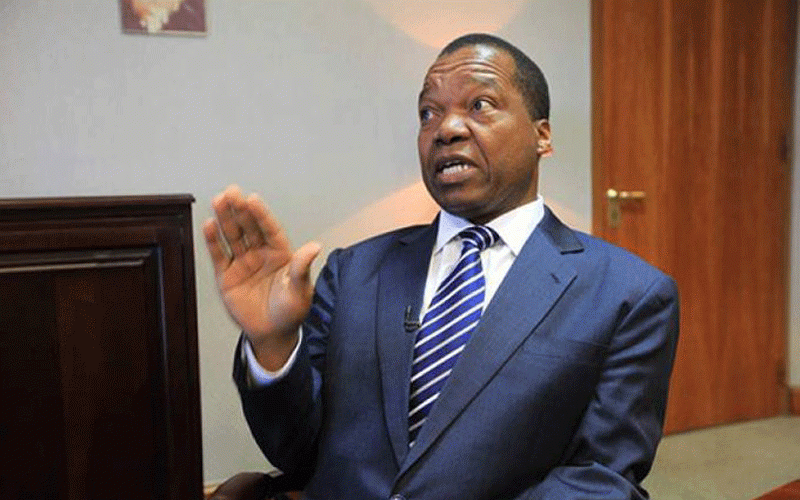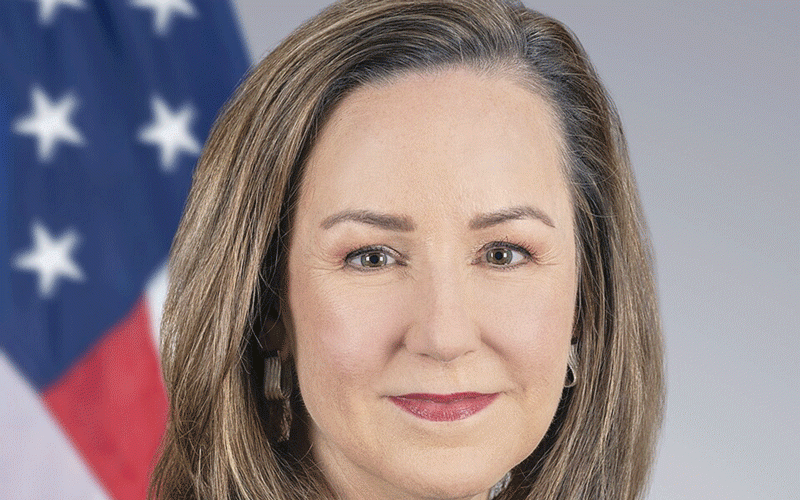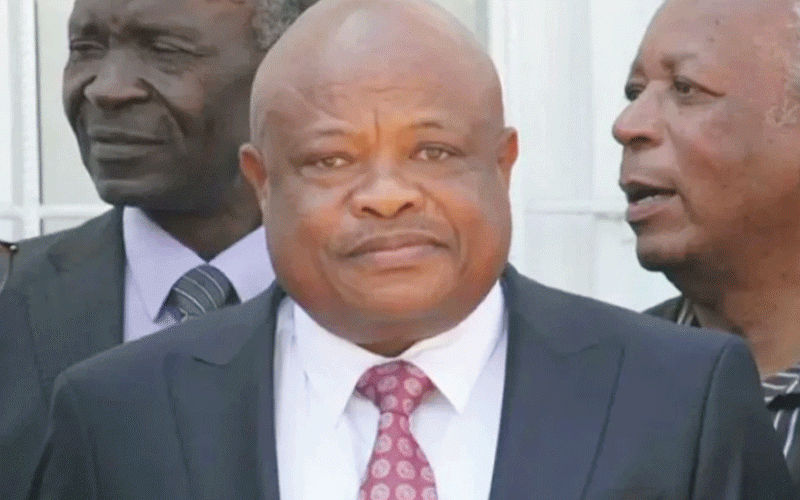
ZIMBABWE’S sovereign wealth vehicle, Mutapa Investment Fund (MIF) has defended its US$1,9 billion acquisition of a 35% stake in Kuvimba Mining House (KMH), saying the transaction — structured entirely through long-dated Treasury Bonds (TBs) — poses no immediate fiscal drain.
MIF said on Thursday the deal strengthened state control over one of the country's most valuable mining assets.
MIF chief executive John Mangudya said the bonds, with a 10-year tenure and a three-year grace period, were issued as a loan from Treasury.
He said they had not yet matured.
"There was no cash payment on this transaction," Mangudya said in a statement responding to growing speculation surrounding the government’s acquisition of the stake last year.
The deal increased government ownership of KMH to 100%, distributed across several state-aligned entities. These include MIF (63%), Datvest Nominees (former farmers’ compensation, 12,5%), the Insurance and Pensions Commission, National Venture Company, the Deposit Protection Corporation, and the Public Service Commission (7%).
It was underpinned by an independent valuation by two advisory firms, which pegged KMH’s worth at US$3,2 billion as of October 2023, driven by sharp gains in platinum, gold, and lithium assets, notably at Sandawana Mines.
“The US$1,9 billion of TBs were issued as a loan to MIF payable over 10 years with a grace period of three years, commensurate with the tenure of the TBs,” Mangudya said.
- ZimAlloys ready to switch on its biggest furnace
- Zisco deal gets Cabinet nod to sell iron ore
- Govt blocks US$400m platinum deal
- Kuvimba pumps US$100m into Great Dyke platinum project
Keep Reading
The 35% stake was assigned a fair value of US$1,1 billion, aligning with the future value of the TBs at a 40% discount rate.
Mangudya said the purchase clarifies the KMH share register and affirms state control of strategic mineral assets.
"The value then of 35% of KMH was US$1,1 billion, which was equivalent to the future value of the TBs of US$1,9 billion at a discount rate of 40%," he said.
Addressing concerns about fiscal risk, Mangudya outlined the repayment strategy, stating that: “In order to reduce the fiscal risk resulting from this loan, MIF’s strategy is to fully settle the loan from Treasury during the grace period through a variety of structures to be ring-fenced against the assets of KMH, culminating in the shares being cancelled on the back of a share buyback”.
He added that the structures to settle the loan will include “entering into joint ventures and ramping up mineral production, especially gold in view of the current high international price of gold”.










